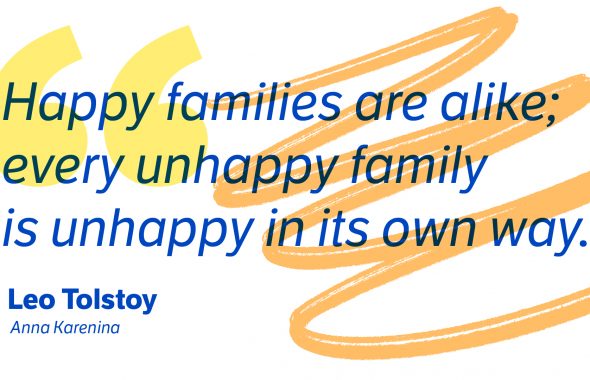Didja ever think that there are ways of speaking that feel perfectly comfortable . . . but that would seem wrong if you wrote them down? Sorta like the way this sentence is written. Lemme tell you ‘bout this very phenomenon, relaxed pronunciation. Pronunciation is defined as “the conventional patterns of treatment of the sound and stress patterns of a syllable or word.” Relaxed pronunciation, also called word slurring or condensed pronunciation, happens when those syllables are melded together to create a shortened form of a word or phrase.
Yes, this is similar to a contraction. The difference is, contractions such as “could’ve” and “should’ve” are considered part of informal written and spoken language; relaxed pronunciation such as “coulda” and “shoulda,” while part of informal speech, has no standard written form.
Common trends of relaxed pronunciation include replacing “you” with ya or “did you” with ja or d’ya, for example “wouldja” (would you). Another common practice is to substitute “of,” “to”, and “have” with a schwa, a mid-central vowel sound that occurs from an unstressed syllable, as in “kinda,” “outta,” and “sorta.”
The writer William Burroughs famously called language “a virus.” One way to understand his pronouncement is that, as people use a language, it evolves. Some uses of English that are considered correct today were once frowned upon. Who knows what usage will be acceptable in 100 years? Do you think relaxed pronunciation is ever an acceptable form of speech? Should didja and its informal ilk be welcomed into mainstream use? We think so, language is always changing and that means there shouldn’t be “incorrect” ways to say things. To each their own!














